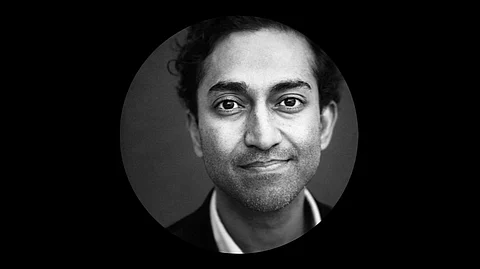Now, all three key positions—CBER director, chief medical officer, and chief scientist—will be held by Dr. Prasad.
About Dr. Vinay Prasad
Dr. Vinay Prasad, of Indian American origin, earned his medical degree from the University of Chicago in 2009, completed his residency in internal medicine at Northwestern University, and became board-certified in 2012.
He also holds a Master’s in Public Health from Johns Hopkins University and completed fellowships in oncology and hematology at the National Cancer Institute and National Heart, Lung, and Blood Institute, respectively, in 2015.
He is currently working as head of CBER, where he oversees vaccine approvals, gene therapies, and other complex biological products.
Analysts’ Concerns and Prasad’s Response
Some experts were worried that since Dr. Prasad was already the head of CBER, his appointment to these additional roles might make the FDA stricter in approving new drugs, including fast-track or accelerated approvals for serious treatments.
But in a recent meeting about cell and gene therapies, Dr. Prasad promised that the FDA would work quickly to make new therapies available as soon as there is a good sign of their success or benefit.
Reuters reached out to the Department of Health and Human Services, which oversees the FDA, but did not receive an immediate response.
(Input From Various Sources)
(Rehash/Pooja Bansal/MSM)


